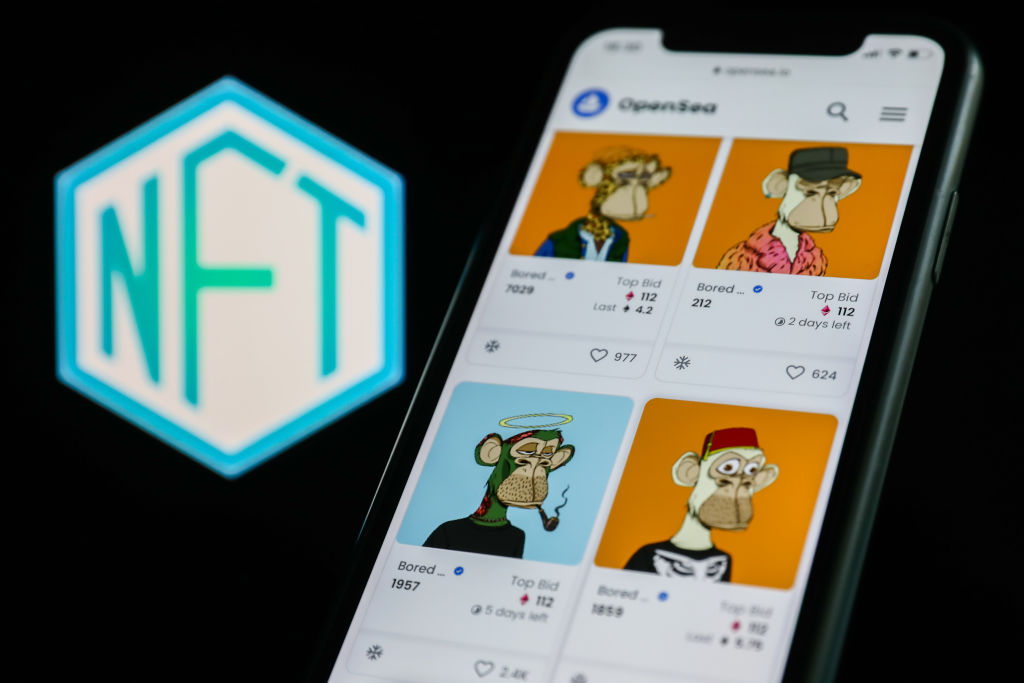A US appeals court on Wednesday overturned an $8.8 million judgement for Bored Ape Yacht Club (BAYC) non-fungible token (NFTs) creator Yuga Labs, amid its legal dispute with artist Ryder Ripps and his business partner Jeremy Cahen over their alleged counterfeits of the NFTs.
On July 23, the 9th US Circuit Court of Appeals said Yuga Labs had not yet proven that Ripps and Cahen’s tokens, which they have described as would confuse buyers of NFTs. Ripps and Cahen said their NFTs were “satirical works of appropriation art”, according to Reuters, which first reported the news.
Related Articles

Yuga Labs filed the lawsuit against Ripps in federal court in June 2022, accusing the LA-based conceptual artist and creative director of false advertising, trademark infringement, and cybersquatting, amongst other charges. The complaint also named Cahen, the founder of NFT marketplace Not Larva Labs.
ARTnews previously reported that “Ripps contends that BAYC, from its logo to the Apes’ accessories — like “sushi chef headbands” inscribed with “kamikaze” in Japanese kanji and spiked Prussian Pickelhaube helmets — is threaded with racist imagery and ties to the online alt-right. Ripps and Yuga Labs are currently embroiled in a legal battle after the company sued the artist for creating copycat NFTs that Ripps says are meant to satirize the collection. (Yuga Labs and BAYC have previously denied the allegations of racism.)”
In October 2023, John F. Walter, U.S. District Judge of Central California, ordered Ripps and Cahen to pay $1.38 million to Yuga Labs for “disgorgement and damages”, plus $200,000 in statutory damages relating to cybersquatting violations. That amount grew to $8.8 million including attorney’s fees and other costs.
The appeals court ruling on July 23 overturned Walter’s decision, and the case will now go back to federal court in California for a trial on Yuga Lab’s claims of trademark infringement and cybersquatting, which it said was “necessary to determine whether the fake tokens infringed Yuga’s trademarks”, according to Reuters.
Reuters also reported that the 9th US Circuit Court of Appeals agreed with Judge Walter and said that Ripps and Cahen were not immune from Yuga Lab’s claims based on First Amendment protections for works of art.
Ripps told Reuters in a statement that the decision “underscores that appropriation is a vital tool for artists to hold powerful entities to account.” Yuga said the court’s decision was “a win for the industry” that “validates the fight we took on and confirms that BAYC is a strong and recognizable brand.”

